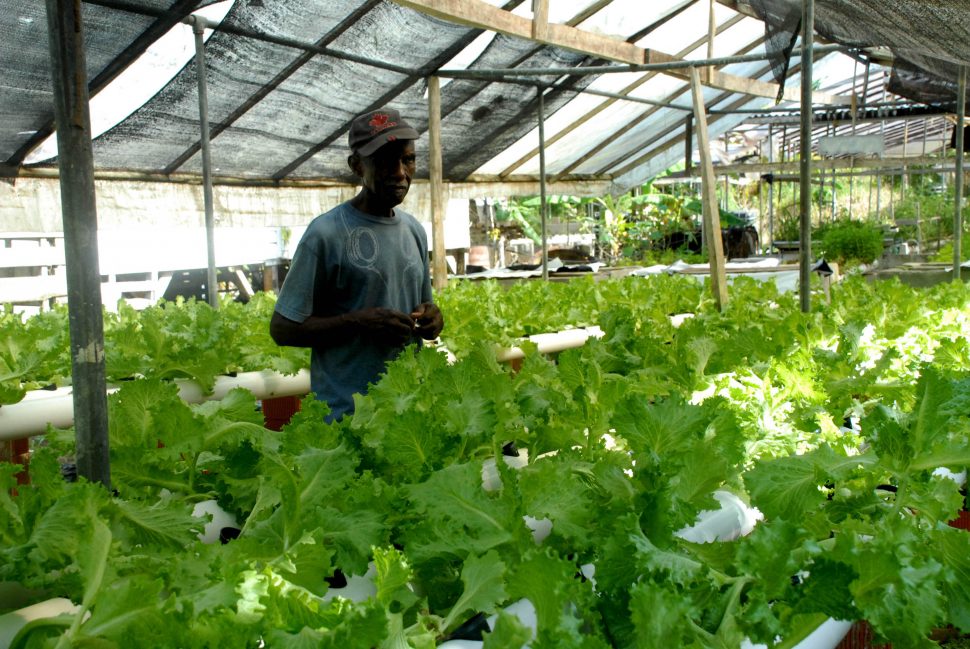The transformation in the fortunes of the cooperative movement in Guyana over the past four plus decades could hardly have been more dramatic. 1n the late 1970’s the then Prime Minister of Guyana, Forbes Burnham, had institutionalized policies and established institutions – the Guyana National Cooperative Bank being the standout example – aimed at placing the cooperative movement at the centre of the country’s development focus. The cooperative was to be a model for the development of ‘the small man,’ whose circumstances were to become transformed through collective entrepreneurial endeavour mostly though not exclusively in the field of agriculture.
These days, official discourse about the cooperative movement speaks mostly about its “revival,” the coded official language putting into perspective the government’s own verdict of the dire condition in which the movement finds itself.
In May this year, Minister of State Joseph Harmon told a gathering at the commissioning of a new Training Centre for the Essequibo/Pomeroon Regional Cooperative Union Limited (EPRCUL) at Anna Regina that the David Granger administration was committed to the restoration of the cooperative movement. Whether, however, up until now, any real evidence has emerged to validate Harmon’s pronouncement, is doubtful.

